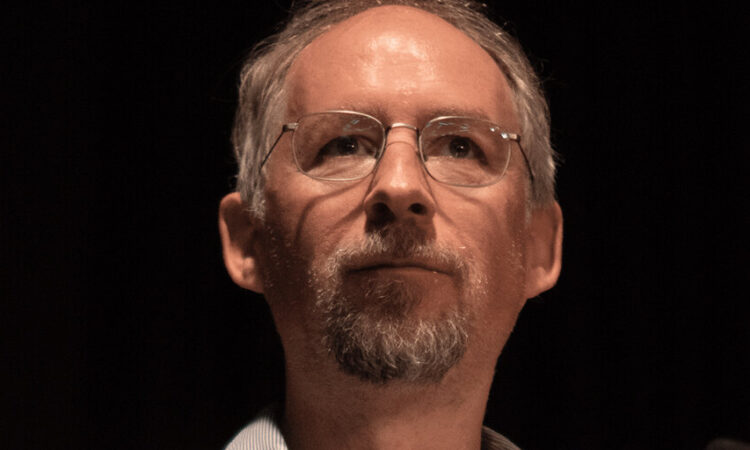
Should a major cryptocurrency exchange operating in the U.S. stop servicing its clients due to regulatory pressures, the crypto industry will eventually find a way around, according to Blockstream CEO Adam Back.
“The system is antifragile,” Back told Decrypt during the recent BTC Prague conference. “Something is a problem? They’ll do something else or create an economic incentive for somebody. Some other company that had a different strategy will get a large amount of users.”
“It’s a market and there’s a demand,” he added. “Once an exchange shuts down or stops servicing one market, people will just move to another exchange, or move to an international exchange.”
Back likened the crypto market to water, noting that, “It just flows around; there are workarounds and the market is very efficient, because there’s this huge appetite to do things.”
Last week, the U.S. Securities and Exchange Commission (SEC) launched enforcement actions against Binance and Coinbase, suing both companies for allegedly operating as unregistered securities exchanges.
Amid the growing pressure, Binance’s US subsidiary even made the decision to suspend dollar deposits, informing customers that its banking partners were preparing to temporarily halt its fiat (USD) withdrawal channel.
Bitcoin traders will be fine, says Back
The Blockstream boss, however, believes that if U.S. wire transfers are restricted, Bitcoin traders will move to open bank accounts in euros or Swiss francs to start trading in a different currency.
“There are some more crypto-friendly banks in Europe, in Switzerland and Gibraltar, which will even accept Tether deposits and convert between USDT and dollars or euros as a bank service,” he said. “They also will typically allow you to buy and sell Bitcoin, maybe with less advanced features because they’re more of a bank than an exchange.”
According to him, this means there are always new options, and “each problem sort of just moves things around somewhere else.”
Blockstream CEO Back is best known as the inventor of Hashcash, a Proof-of-Work (PoW) system used to prevent email spam that later became one of the foundational concepts behind Bitcoin mining.
He told Decrypt that Satoshi Nakamoto, the pseudonymous creator of Bitcoin, would probably be happy to see how the space has evolved since 2009, when the world’s first cryptocurrency was launched.
“It’s grown a lot,” he said. “There are different types of individuals and companies and even countries that are so effective in Bitcoin– so it now seems like it tends to surprise to the upside, as things are happening earlier than you expected.”






